I want to work with a bunch of images (100+) and I need to keep their aspect ratios (which varies between each other), but resize them to be a maximum of 1000x1000 and have a maximum file size of 100kb.
I have tried the "optimize-images" package but I couldn't get the results I wanted because I couldn't be specific enough. I also tried resizing with imageio, but the size issue remains. I have read different sources and replies to similar issues, but have found no way of doing this.
import imageio
import os
os.chdir("C:\\Users\\abc123\\Pictures\\Resize")
im = imageio.imread("a.jpg")
small = transform.resize(im, (1000,1000), mode="symmetric", preserve_range=True)
Ideally, I will use the walk() method to find all the images in the folder, resize them to 1000x1000, maintain the aspect ratio by filling with blank the differential between the final size and the resized image, and finally apply a 0.8 or 0.75 quality reduction until the file size is =< 100 kb. I realize my code is very basic, but I'm mostly looking for directions/inspiration for how I could tackle this problem. Thanks in advance!
